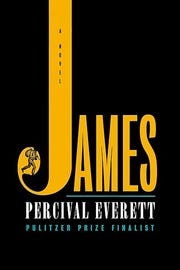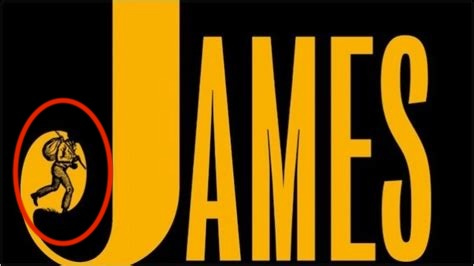Happy Juneteenth from a white lady doing her best.
Quick thoughts on the novel 'James' from a trauma survivor's perspective.
I do my best to be an ally. On Juneteenth, I want to celebrate the best way this white lady-writer-survivor is able: celebrating African American art.
I was as much scared as angry, but where does a slave put anger?
So thinks the enslaved man, Jim—a character originally from Mark Twain’s Huckleberry Finn—as reimagined by author Percival Everett in the novel, James. So thinks every trauma survivor, during and—if not engaged in a healing process—forever after..
I am not one to assess the weigh of trauma: is rape more damaging than verbal abuse, etc. Pain is pain, as each of us endures it.
However, I do see a particular above-shelf for those caught in geopolitical events. Especially children. Those survivors are 1) much less likely to survive, and 2) subject to all fallings-out of childhood trauma multiplied by the magnitude of the events.
All this to say, I am not comparing the trauma I experienced to that of an enslaved person’s when I point to how deeply the novel resonated with me. I am stressing the resonance.
I am called Jim. I have yet to choose a name.
Everett’s is an awe-inspiring feat, exploring Jim first finding his voice, then using it, ultimately to own it and therefore himself. I’d call the work magical if I didn’t have a sense of what it takes to turn all that life into the 294 pages of prose so tight, so spellbinding that to read it starting at 2AM was a very bad idea.
I finished James about 7AM. I am changed by this novel.
Early into the laying out of events, Everett clarifies that the way enslaved people have been portrayed as dumb, when speaking around white people (“Da mo’ betta dey feels, da mo’ safer we be”) is pure bullshit.
How Everett shows this code-switching and the thoughts beneath the fake-age is so well done that I will admit, greatly embarrassed: each time I closed the novel—tea break, and what have you—I felt jolted by every glimpse I caught of the stereotype dashing across James’ cover. Who was that man, that—that—slave? Not the Jim I’d quickly come to expect the stellar from.
Why, “embarrassed”? I realized that I’ve spent a lifetime ingesting the red-circled image (red circle: my addition to the cover, to draw attention to my lack) as pretty much the only one I had, related to enslaved men.
Each time I take in the cover image—even now, typing—my brain has to tangibly shift gears.
My many thanks, Mr. Everett. Many.
This article published originally right here on “An Alle Alert,” January 4th, 2025.



